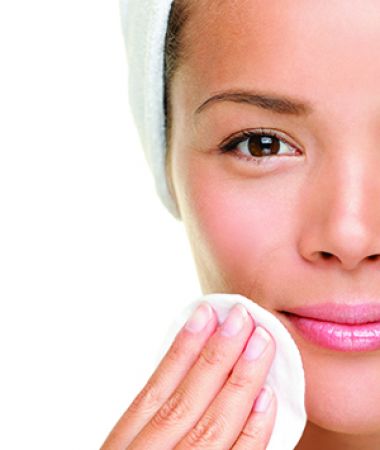In winter, skin tends to become dull, tight, dry and itchy, due to changes in temperature, humidity and moisture levels. Your skin care routine varies throughout the year and finding what works is a personal journey of experimentation. Here are some suggestions that will keep your skin healthy, radiant and glowing this winter.
Treating skin with natural ingredients for your skin type. Individuals who have dry skin, have a strong tendency towards dehydration, lacking natural oils and elasticity. Organic jojoba oil, illite clay and organic geranium essential oil are great for dry skin. Organic jojoba oil is rich in essential fatty acids, antioxidants and vitamin E to help moisturise, protect and soothe dry skin. Complexion can become dull during winter, so try using Illite clay as it is rich in the mineral silica, helps to stimulate, tone and brighten the skin, while absorbing toxins and impurities. Organic geranium essential oil softens, soothes and provides nourishment to our skin cells, keeping skin youthful and hydrated.
Individuals who have sensitive skin are more prone to allergic reactions caused by beauty products, wind, heat and cold weather. Rashes, redness, itchiness and swelling are typical signs of someone dealing with sensitive skin. Ingredients such as organic shea butter, organic aloe vera and kaolinite clay are great for sensitive skin. Organic shea butter nourishes and moisturises the skin, while aiding in the skin's natural collagen production. Organic aloe veran is commonly known for its anti-inflammatory properties, soothing and moisturising the skin, reducing redness and swelling. Kaolinite clay, rich in silica provides the skin with repairing, refreshing and purifying properties.
Oily to combination skin presents with a lot of shine, enlarged pores and is more prone to pimples, blackheads and whiteheads than other skin types. Ingredients like organic peppermint extract, organic rosemary essential oil and montmorillonite clay are great for oily to combination skin types. Organic peppermint extract aims to purify the skin leaving a cooling sensation, while providing antiseptic properties. Organic essential oil of rosemary tones and purifies the skin. Montmorillonite clay helps to absorb excess sebum on the skin, while it has the highest capacity of absorption of impurities and toxins.
Unclogging pores
All the luscious, buttery winter creams may lead to clogged pores if we don't cleanse or exfoliate our skin. Clay masks are great as they draw out impurities, cleanse and unclog our pores decreasing the chance of breakouts or blackheads. Why not also try using a natural clay scrub to help facilitate normal skin cell turnover by replacing it with newer, smoother cells that can better protect skin.
Avoid harsh soaps
Avoid using soap and replace them with gentle cleansers, as they can strip away the natural oils on the skin and increase the chance of trauma to the skin.
Hot Showers
A leisurely long hot bath or shower may feel relaxing on a cold day, however the intense heat of a hot shower or bath can breaks down the lipid barriers in the skin, which can lead to a loss of moisture. Keep showers or baths short and lukewarm.
Dry hands
The skin on your hands are thinner and have less oil glands than other parts of the body. This makes it more difficult to keep hands moist, especially in cold weather. Wearing cotton gloves outdoors and a light weight moisturiser will helps hands feel soft and hydrated.
Hydration is key
Our internal organs and cells require water to continue functioning optimally, which is why drinking water is beneficial both internally and externally for our skin. Drink approximately eight glasses of water per day or more during high intense exercise.
Everybody's skin responds differently during the winter, depending on their skin type, lifestyle and hygiene. These simple steps can prevent loss of moisture, provide protection from the change in temperatures and allow our skin to stay hydrated and healthy.
By Anna Batsanis
Kadac in health Editor and Holistic Nutritionist

